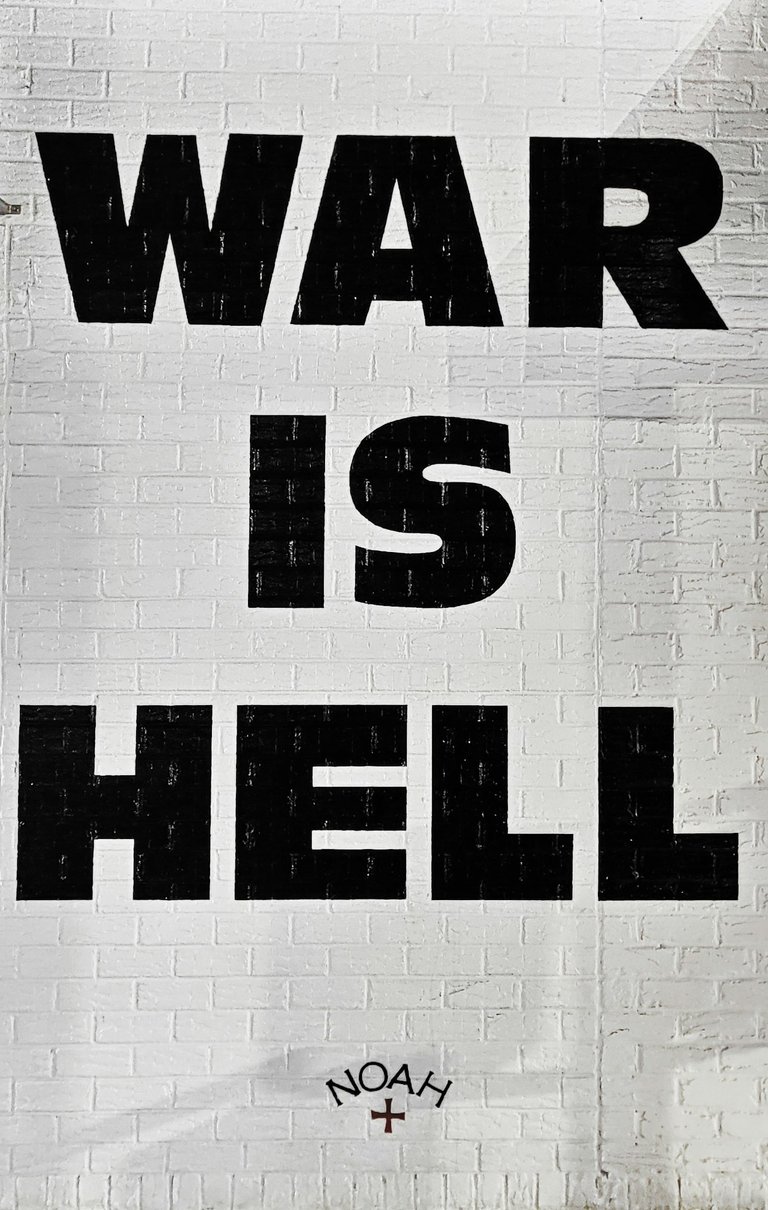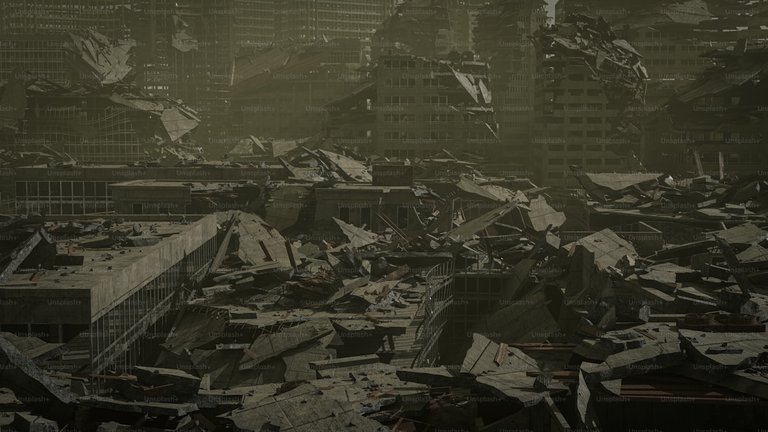The Israel-iran Conflict and it's Financial Ripple Effect
Over the past few months, the ongoing conflict between Israel and Iran has taken a new and alarming turn. What began as covert cyber attacks, drone strikes, and proxy wars through militant groups has escalated into more direct military engagements. While the humanitarian side of the story cannot be overlooked, what has caught my attention is the deeper financial implications of this war, not just for the Middle East, but for global markets as a whole.
According to various sources I’ve followed, Iran and Israel have been locked in tension for decades, but recently, with more aggressive airstrikes, Iran’s increased support for Hezbollah, and Israel’s own intelligence-driven operations, the region feels like it’s on a knife’s edge. This instability always brings uncertainty, and as we know, markets hate uncertainty.
One of the immediate impacts has been on the price of oil. Iran is one of the largest oil producers in the Middle East, and with its key shipping lanes, especially the Strait of Hormuz, under threat, global oil prices have reacted sharply. I noticed that each time there's even a rumor of escalation, crude oil prices spike. This is because around 20% of global oil supply passes through this region. Any military tension here has the potential to disrupt shipping and logistics, which in turn causes global fuel prices to rise.
From a finance perspective, this war could shape the monetary policy of many countries. Higher oil prices generally lead to higher inflation. And when inflation rises, central banks like the Federal Reserve or the European Central Bank are forced to reconsider their interest rate strategies. That means whether or not you're directly affected by the war, you might still feel it through fuel costs, increased prices of goods, and economic tightening in your country.
Another angle is defense spending. Both Israel and Iran are pouring more money into their military budgets. For Israel, this means a heavier burden on the state budget, possibly funded by more taxes or debt. Iran, heavily sanctioned, still manages to fund militias and arms, which is likely draining their reserves or pushing them further into opaque crypto transactions, black markets, and indirect funding from allies like Russia or China.
Speaking of crypto, it has become part of this financial battleground. With traditional banks shutting doors to Iran, and sanctions tightening, reports suggest Iran may be relying more on Bitcoin mining and crypto transactions to bypass restrictions. This adds a layer of complexity to the global regulatory discussions about crypto. While some argue that crypto empowers oppressed economies, others view it as a tool for evading sanctions.
What I also found interesting is how investors are behaving. Whenever tensions escalate, there’s usually a rush to safe haven assets. Gold has been rising slowly again. The U.S. dollar also gains strength in uncertain times. Stock markets in the region, especially in Tel Aviv, have seen significant fluctuations. Investors are clearly nervous. And this nervousness can spread quickly, especially if global markets start reacting in sync.
As someone who’s interested in global finance, I think this war is more than just bombs and politics. It’s showing us how fragile the financial systems are when geopolitics get heated. It’s also a reminder of how intertwined everything is. A missile fired in the Middle East could raise the price of bread in West Africa, shake tech stocks in Asia, and affect your electricity bill at home.
I’m still observing how this will unfold. Will there be peace talks? Will other nations like the U.S., Russia, or China step in more actively? Or will the situation escalate into a regional war involving multiple countries?
No one can say for sure, but one thing is clear, the Israel-Iran conflict is not just a regional war anymore. It’s a global financial story, and it’s unfolding in real time.
Posted Using INLEO


